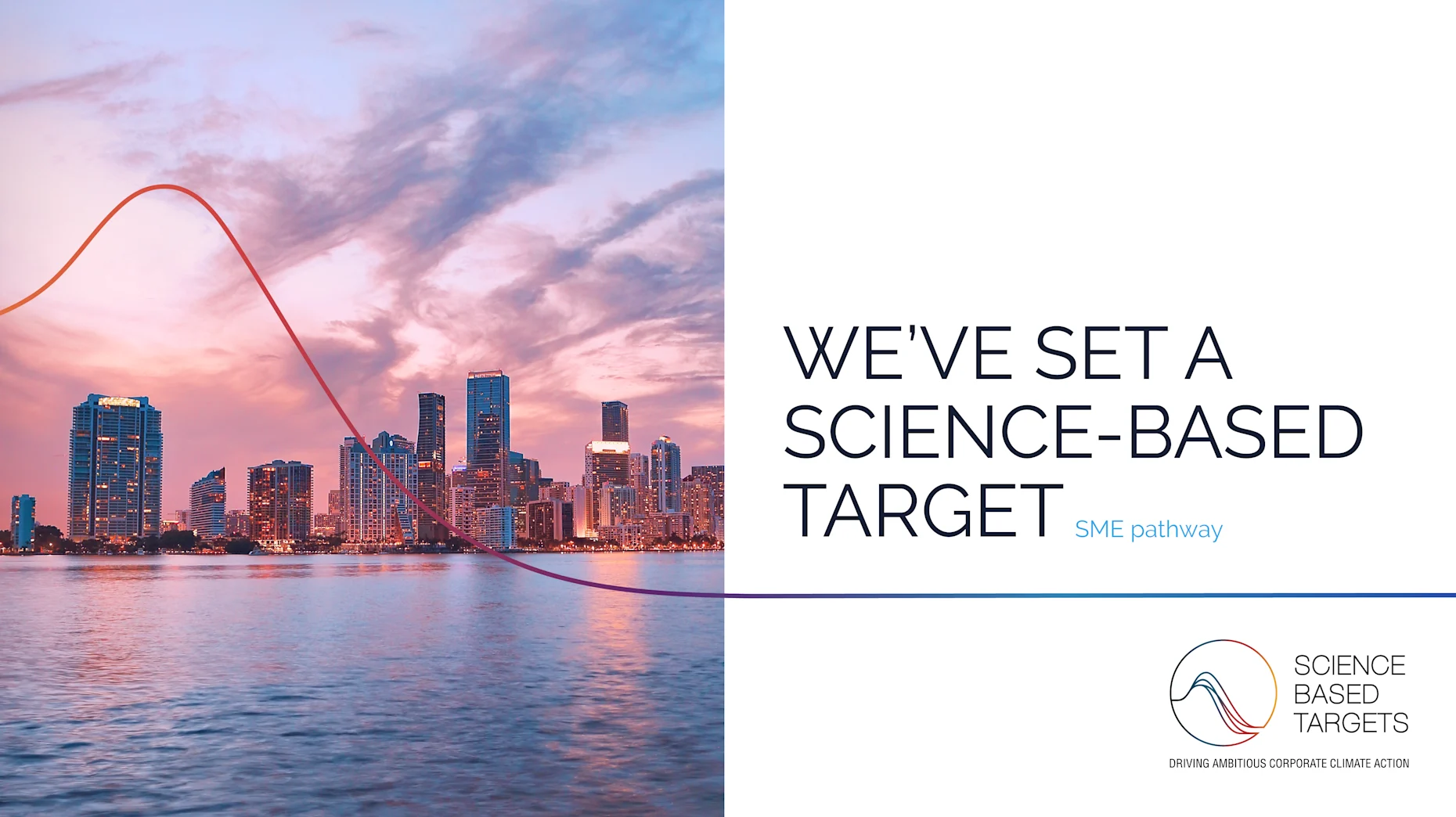ofi, a global leader in naturally good food and beverage ingredients, has had its climate targets validated by the Science Based Targets initiative (SBTi)i, the gold standard for corporate climate targets. This confirms ofi’s targets align with the latest climate science criteria for limiting the rise in global temperatures to 1.5°C.
Achieving SBTi validation demonstrates ofi’s commitment to delivering verifiable, low-carbon products and solutions to its customers at leading food and beverage companies, who face growing consumer demand for sustainable products and stringent sustainability regulations.
Roel van Poppel, Chief Sustainability Officer at ofi, said: “We’re proving our commitment to building a sustainable future by letting the science dictate our course of action. With sourcing and manufacturing of ingredients a major contributor to our customers’ carbon footprints, this validation of our climate targets gives our customers confidence we can partner with them on their decarbonisation journeys.”
ofi’s climate action targets are part of its Choices for Change sustainability strategy and include a science-based target to reach net-zero greenhouse gas emissions across the value chain by 2050. Its near-term targets, with 2020 as a base year, include:
A 50% reduction in absolute Scope 1 and 2 greenhouse gas emissions by 2030, addressing emissions within ofi’s own operations and energy use.
A 30% reduction in absolute Scope 3 emissions by 2030, covering indirect emissions from purchased goods, energy activities, transportation, and waste.
A 30% reduction in absolute emissions from Forestry, Land Use, and Agriculture by 2030 on both ofi’s estates and supplier farms, with a firm no-deforestation commitment.
ofi’s roadmap to achieving these science-based targets includes investment and innovation across the supply chain. In its processing operations, ofi is driving energy efficiency, implementing fuel switching and purchasing renewable electricity to reduce emissions, which led to a 7% drop in 2024ii – even as processing volumes grew.
On the ground in sourcing origins, twenty-four decarbonization projects are underway with customers and partners driving GHG reductions and removals on farms through climate-smart agriculture, agroforestry and deforestation prevention. In Brazil for example, a joint effort between ofi and Nestlé is helping coffee farmers cut GHG emissions primarily through smarter fertilizer use, with a ~20% reduction since 2022 according to ofi dataiii.
At the upcoming New York Climate Week, ofi will join the Wildlife Conservation Society, PepsiCo and other industry leaders to discuss how aligning such efforts under shared frameworks for action and measurement can drive emissions reductions at landscape-leveliv.
Roel van Poppel: “Rapid and deep emission cuts are required across the sector to achieve a net-zero food system before 2050. SBTi validation makes us accountable and positions us as the partner of choice for customers also aiming for real change and transparent reporting in their supply chains.”
For more information on ofi’s climate action targets, please visit our Sustainability page.
i Target dashboard - Science Based Targets Initiative
ii Emissions tCO2e for ofi’s Tier 1 sites (49 large processing facilities), compared to 2020 baseline.
iii Based on a 2024 assessment of 240+ farmers covering ~13,000 hectares
iv The Nature Hub @CWNYC2025 Putting It Into Practice: A Case Study on Landscape-Level Action for Deforestation-Free and Climate Resilient Commodities
